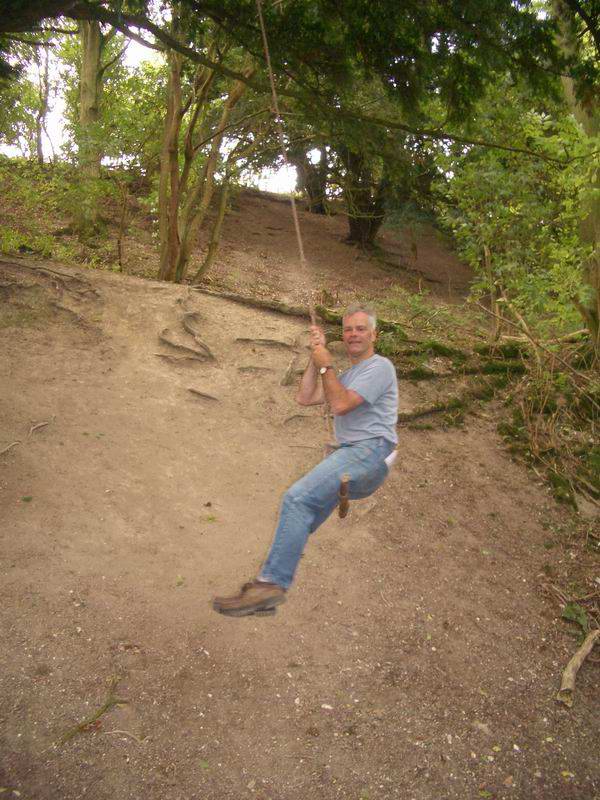What words of wisdom would you give someone interested in getting into your field?
In the current climate ""Don't become an academic!"" More seriously, because the UK is now part of Europe, I would urge people to learn a second, European, language
How important is the mentoring process in your field and to you personally?
Mentoring is critical for Early Stage Researchers. I am beyond help…….
How would you define “professionalism”?
The ability to carry out one's trade to a high level of competence in an open minded, unbiased and receptive manner
What would you do differently if you were starting out in your career now?
I would go into industry and not become an academic

